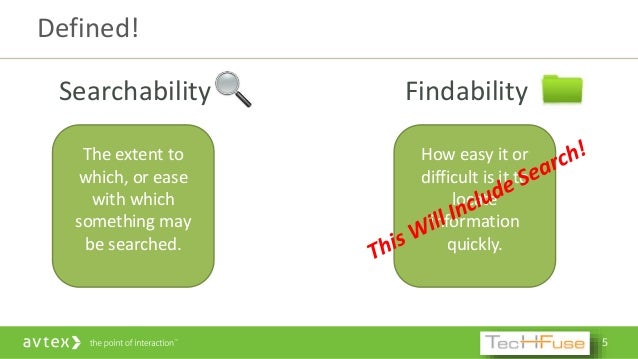Search is easier than research
In the World WILD Web, the law of the jungle prevails: when people search for information on a webpage, they don’t necessarily want to research the topic. They only want to find the facts they need and get their quick feed!
Search vs Research
What do most people ACTUALLY do when they go on a search engine? Often, they have already got a strong idea about what type of information they need. Their bosses, lecturers or friends might insist that they include quotes from a given book, funny memes or film trailers. Therefore, these searchers have high expectations for the content of the pages and will probe the information architecture of a website. For this reason, people who google-doodle prefer webpages with tightly interlinked topics.
On the other hand, people who are conducting a research want to exhaust all possible angles about a specific topic. The data they explore can be anything, from a picture to an interactive game. Most researchers don’t know yet what the format will be: they make up their minds after sampling some websites. This means that people who research want to be guided through their discovery by findable content on both the Search engine and the webpage itself.
Let them find the cake…and have it!
When we build websites, we use personas to keep track of the functionality of the content. This is because we want the pages to be easy to navigate for specific purposes. But then, isn’t there a contradiction in trying to adhere to certain UI designs while at the same time striving for UX universality? How can we go about developing for both people who search and people who research?

It seems that content holds all the answers. A website that focuses on reviewing Vietnamese recipes is unlikely to discuss the history of French gastronomy. Similarly, a vlog that discusses the latest film releases in Korea will have little to do with Bollywood. Define the core content first, then follow with the architecture , then complement with the design. In other words, a website is suitable for both search and research as long as there is structured content. It’s all about creating a little web within the big World Wide Web.
In order to help people follow the multiple threads across the Internet without getting lost, developers only need a very basic tool. Next, I’m explaining how search engine friendly URLs can fit the bill.
Sources:
Everypageispageone.com: https://everypageispageone.com/2013/05/28/findability-is-a-content-problem-not-a-search-problem/
Findwise.com: https://findwise.com/blog/the-difference-between-search-and-find/
Searchengineland.com: https://searchengineland.com/findability-seo-and-the-searcher-experience-61038
